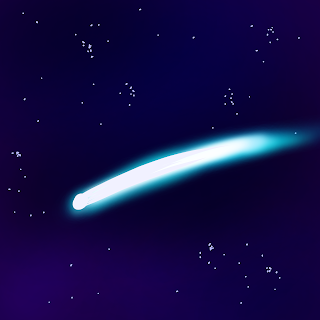The Hole (5 points)
The Hole doesn’t mine horror from gothic castles or scary monsters; it mines horror from the existential dread of life itself. The true horror of the novel is in the contrast between Oghi’s memories and his current life. He’s trapped in his own body and can’t properly express himself. All he can do is lie in bed and remember memories from a life that’s gone now. He doesn’t even have the privilege of having all his memories at once.
Oghi is forced to deal with people
talking for him, unwanted pity, and the horror of not being able to express yourself
when you so desperately want to. When you want to express meaningful sorrow for
your mother-in-law, or when you desperately want to tell someone that that same mother-in-law is purposefully sabotaging your life, the worst thing
in the world is having your communication be twiddled down to blink once for
yes and two for no. Will Heath’s review of the book on “Books & Bao” is
right on the money when it compares the novel to the works of Kafka. The horror
from a story like “The Metamorphosis” isn’t that Gregor is a cockroach, it’s
that his life has suddenly changed so dramatically and that everyone around him
is treating him differently. Oghi and Gregor share in this existential dread of
being stuck in a situation they can’t get out of, of their lives being changed
so drastically and permanently for seemingly no reason. As the book goes on,
the hole at the beginning of each chapter grows larger. That’s the hole in Oghi’s
heart and soul, growing larger as he has to come to terms with his new horrible
life. A life he’s not allowed to escape, because he can’t tell anyone how much
he wishes he were dead. And yet, the hole was always there, because there was always an emptiness in his life, it's just grown.
Oghi being trapped in his own body mirrors his wife being trapped in their marriage. And she is trapped, since Oghi explicitly states he doesn't want a divorce. Like how Oghi laughs when his wife cries at a sad book, his mother-in-law taunts him and humiliates him, neither of them being able to communicate their feelings accurately. Oghi is getting a literal sense of what his wife went through during their marriage, and he only barely starts to realize it when he's in the hole. The book is the suffering of an unhappy wife made literal. A woman who feels like she isn't allowed to be herself, who feels trapped in her own head and home. Even when she's gardening Oghi gives her restrictions. And she feels like she has to keep track of every little thing her husband says and does because he can be unfaithful and selfish. In the end, Oghi falls in the giant hole that is his dead wife's emptiness; a hole he helped dig. It's no coincidence that the person who made him fall down the hole was his mother-in-law who Oghi sometimes describes as resembling his wife. It's like she's getting her revenge from beyond the grave, making things even.
So the book presents us with two very real horrors that parallel each other: the horror of being trapped in your own body without being able to communicate, and the horror of being disabled by a car accident.



Comments
Post a Comment